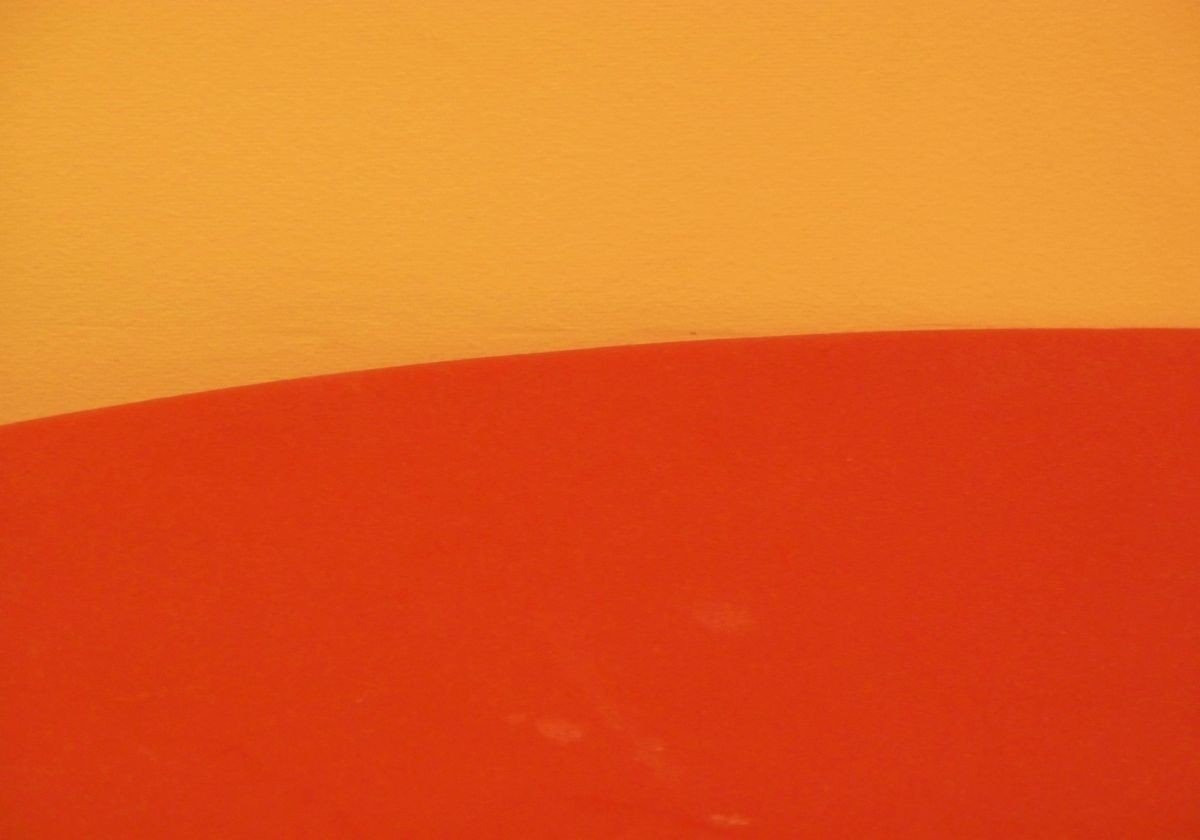Menstruation is a normal biological process and about half of the world’s population will have experienced it at some point in their lives. Schools still choose to skip out on entire chapters covering reproductive health and the taboo surrounding menstruation makes this conversation much less common than we would like it to be. We’re bringing some easy to follow tips to manage your periods and use your period products in a safe way.
Choose Your Way: When it comes to using products for your blood-stained days, make sure you choose them regarding your comfort and blood flow. Do not use a product on someone else’s recommendation if it is something that makes you uncomfortable or you still have concerns about.. A lot of products are available nowadays, such as sanitary napkins, tampons, and menstrual cups. One can interchange within numerous brands of products available to find the best brand of their desired products for themselves.
Frequent changing: One should not use a sanitary product for long durations of time as it might lead to urinary tract infection, vaginal infections and skin rashes. A sanitary napkin should be changed every six hours while a tampon should not be worn for more than 8 hours under any circumstance and requires changing every 3-4 hours depending on your flow and the absorbency of the product you’re using; no further delay should be done even on days of minimal flow. However, customise your changing schedule according to your flow as some might experience heavy flow and some might not.
Washing Regularly: One should make sure to wash themselves after changing a pad as blood tends to enter spaces such as the labia or crush around the opening. Either wash your vagina with water or wipe the excess blood with toilet paper before changing into a new pad. Make sure to wash your hands before and after changing period products.
No Soaps, Please: While washing is important in maintaining menstrual hygiene, one should only wash with warm water. Using soaps can irritate the vulva and scented soaps should be avoided at all costs.
Prevent Pad Rashes: A pad rash is caused when the pad has been wet for a very long period of time and rubs along the thighs, causing rashes. One way to prevent the above would be to keep your area dry by frequent changing of pads during heavy flows. An antiseptic ointment will be of use to heal the rashes and must be applied before bathe and going to bed.
Proper Disposal of Used Products: Proper disposal of used sanitary products is of utmost importance as they have the potential of emitting a foul smell and spreading infections. The used ones should be wrapped up properly and disposed of in a dustbin. Flushing them down will lead to toilet blockage. Washing one’s hands thoroughly after disposing of it forms another crucial aspect.
Menstruation can be made cleaner by using the above tips for healthier genital well-being, for a better you.
References :
https://www.ncbi.nlm.nih.gov/pmc/articles/PMC5838436/
https://www.unicef.org/wash/files/UNICEF-Guide-menstrual-hygiene-materials-2019.pdf
https://my.clevelandclinic.org/health/articles/4976-vulvar-care
Himasweeta Sarma is currently pursuing her undergraduate studies in Philosophy from Hindu College, Delhi University. An avid reader and a believer in the power possessed by words to change the world.
Prarthna Phukan is currently pursuing PGT – MS ( Obstetrics & Gynaecology) at Gauhati Medical College and Hospital. She has completed MBBS at Silchar Medical College and Hospital.
